Own production
When creating a new product, we benchmark our own production capabilities with those of external partners and compare economic efficiency metrics. All opportunities and costs being equal, we opt for our own capacities, as this plays a major role in expanding Magnit’s private label range and enables us to quickly respond to changes in consumer preferences.
Today, Magnit operates 14 industrial production and 6 agricultural complexes which produce a vast range of goods, including vegetables, spices, cereals and frozen fish. The total headcount at our own production facilities is around 5.8 thous. people.
All production facilities are equipped with modern equipment with a high degree of automation. With 14 in-house laboratories, we ensure quality control throughout the entire production process, from feedstock procurement to the manufacture of finished products. All the facilities are constantly monitored online. Our production complies with GOST R ISO 22000-2007 and the international Food Safety System Certification (FSSC) v.5.
In 2022, Magnit made 395,000 tonnes of products, including 111,000 tonnes of agricultural products, a 9% increase vs 2021. Concepts for a total of seven new projects were approved, including two ready meal factories to be located at the Krasnodar industrial park and the Solnechnogorsk hypermarket. These plans are aligned with the corporate strategy to offer ready-to-eat products. We launched three new own production facilities and started making 70 new SKUs.
In 2022, products from our own sites won 136 awards in various categories of the International Quality Assurance, Product of the Year, and Best Product contests, receiving prizes in the Fresh Vegetables, Dry Food, Confectionery, and other categories.
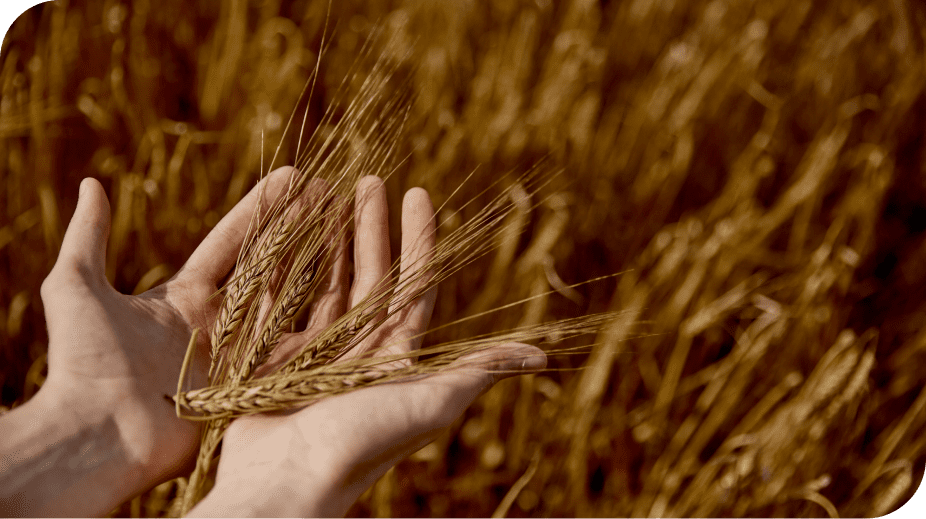
In 2022, the Company’s process engineers took part in developing the Voluntary Sustainable Packaging Standard (ECR Russia). As part of our commitment to sustainability, at least 50% of the packaging for private label and own production will be recyclable, reusable or compostable by 2025.
Today, recyclable packaging makes up 32% of total packaging at our own production, with the share of potentially recyclable packaging standing at as much as 46%.
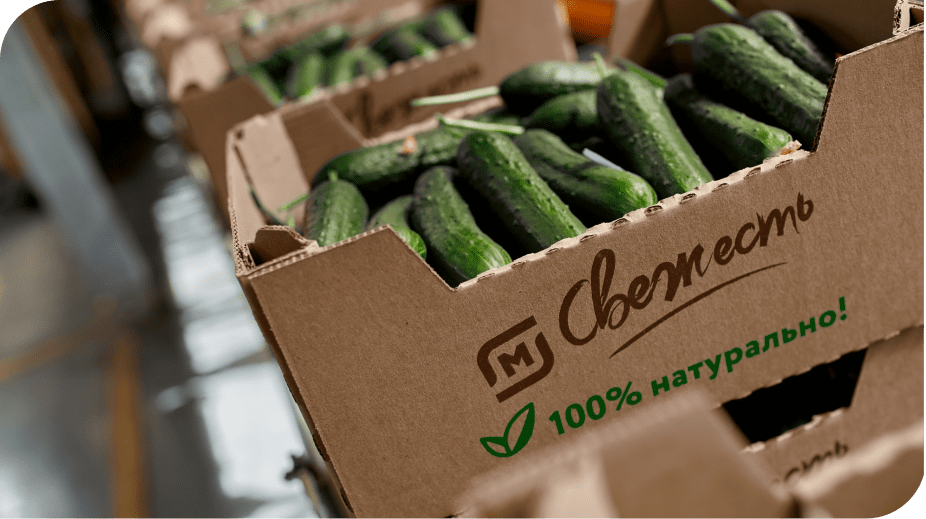
In 2022, we did our utmost to minimise reliance on imports (raw materials, ingredients and packaging) at all of our own production sites.
As a result, we delivered a 30% reduction in imported components, with components originating from imported raw materials declining by as much as 37%.
The share of packaging materials made in Russia saw a 3.5x growth vs 2021. Today, more than 70% of all packaging materials used by the Company come from Russia, compared to just 20% in 2021.
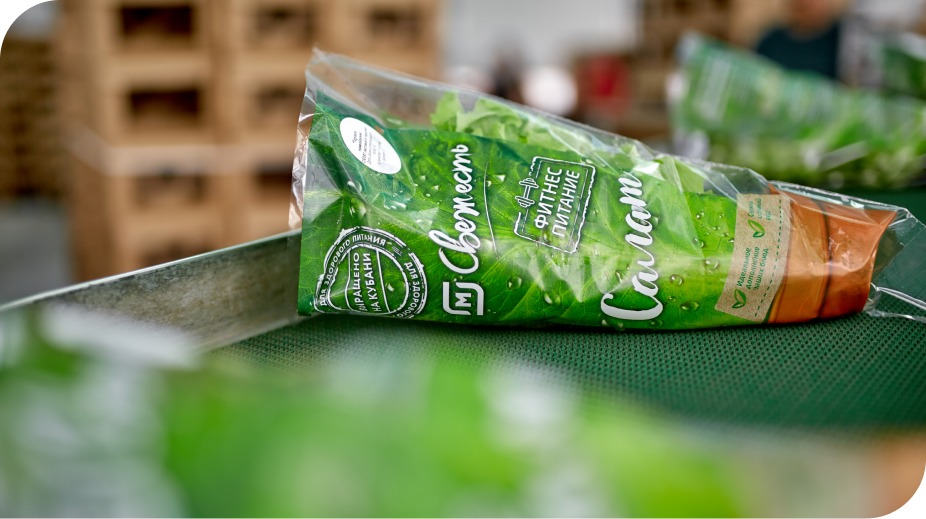
For three years now, Magnit’s own production facilities have been adhering to lean production principles, which aim to increase employee engagement, create a culture of responsibility, and instil high standards of work. In 2022, 85% of personnel at our own production sites underwent training in lean production basics.
During the year, the Kuban Factory of Bakery Products team won a silver prize at the second Rationalisation and Productivity Cup, an award initiated by the Professional Skills Development Agency, Ministry of Economic Development, and the Federal Centre for Competences. Competing at the Cup were eight facilities from six regions: the Novgorod, Leningrad and Yaroslavl regions, Udmurtia, Buryatia and the Krasnodar territory.
At the Path to Perfection regional contest in the Krasnodar territory, which aims to identify best practices in lean production, seven Kuban facilities became the winners. Kuban Factory of Bakery Products won the first place (gold in terms of technology implementation), with TD-Holding as the runner-up. The silver went to Kuban Confectioner and Zelenaya Liniya.
Also, a rationalisation system is strongly in place across Magnit’s sites. As a result, in 2021 and 2022, our employees submitted 3,185 proposals on how to improve the Company’s operations. 69% of the proposals were accepted, and of that number, 86% were implemented as at December 2022.
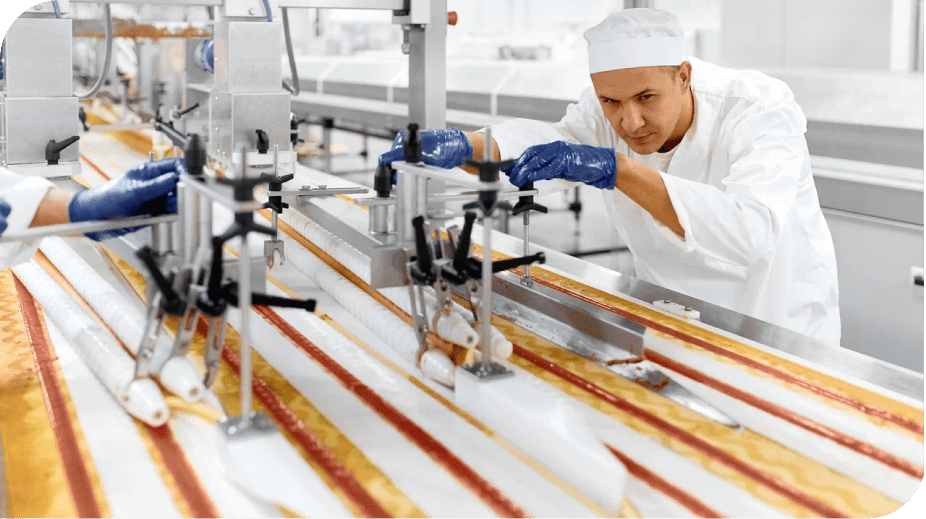
New production facilities
In December 2022, Magnit opened a new centre for growing oyster mushrooms, honey fungus and shiitake at its existing white mushroom facility in the Krasnodar territory. With the project investment of approximately RUB 1 bln and production capacity of more than 1,000 tonnes of mushrooms per year, the centre has become Russia’s largest facility of this kind.
Consumption of mushrooms is steadily growing. Today, oyster mushrooms, honey fungus and shiitake account for 10% of Magnit’s total mushroom sales and their share is expected to grow faster than the market. The new centre will secure a guaranteed supply of large batches of high quality mushrooms, while offering a great price proposition thanks to tight cost control.
The new facility supports a full production cycle, from harvesting straw to be used as a substrate for growing mushrooms to packaging finished products and handling country-wide deliveries by in-house trucks. Magnit uses the packaging materials made by domestic producers and the straw harvested in the southern Russian region of Kuban. The centre features mushroom fruiting chambers that maintain the required microclimate environment for different species of mushrooms. Grown mushrooms are picked by hand, immediately cooled to preserve their properties and then packed. A dedicated laboratory is in place to ensure quality control.
The first batch of mushrooms grown by the centre and offered under the Magnit Freshness private label was supplied to our stores across all regions of operation as early as the New Year’s eve.
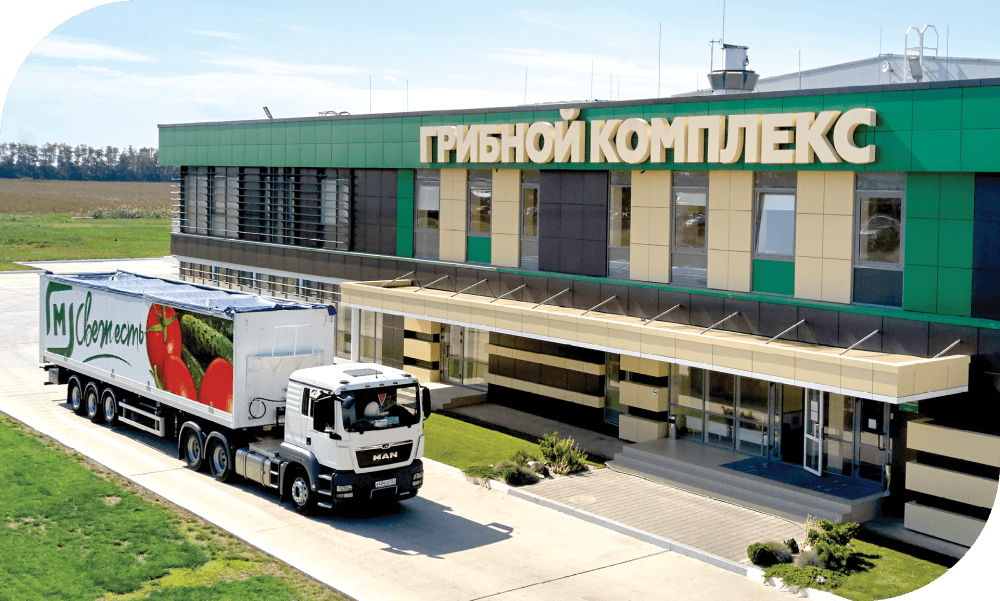
In October 2022, the Company launched coffee roasting and packaging operations at its facility in Tver.
We have already begun supplying organic coffee beans and ground coffee of eight roast types under the My Price, Magnit and Gusto di Roma brands to all stores across our 67 regions of operation. By leveraging in-house roasting and packaging capacities and logistics infrastructure, we are able to achieve a 10% lower price vs peer products in the low-price segment and a 20% lower price in the medium+ price segment.
Coffee beans for the new facility – Arabica and Robusta – come from Brazil, Ethiopia, Uganda, and Vietnam. For whole bean coffee, we use a hybrid roasting technology, which helps preserve the high quality of beans and bring out their full potential. For ground coffee, cold grinding is used, where beans are not heated and preserve their original aroma and flavour.
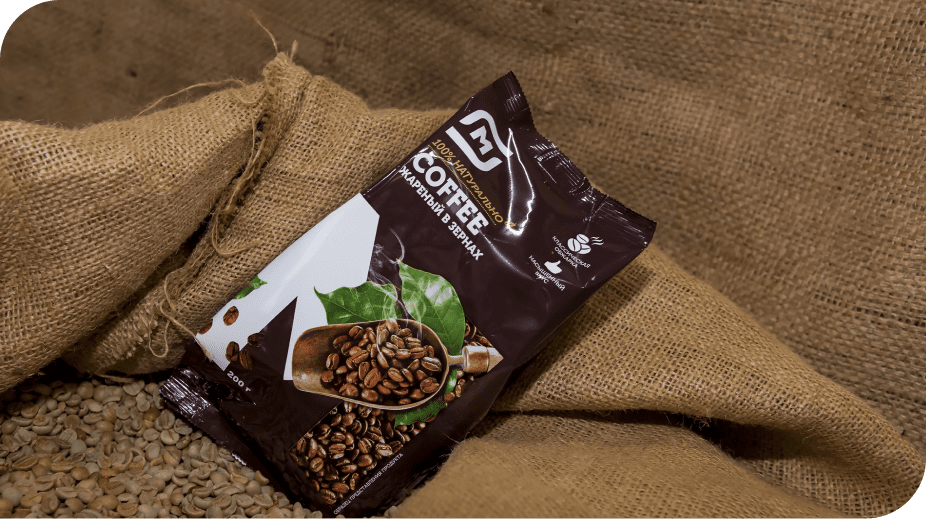
In 2022, Magnit launched its first own mini-brewery in one of the superstores in Krasnodar. The brewing equipment is placed behind a glass wall, so that shoppers can see the brewing process.
The new facility will offer consumers a new mid-priced quality product, while helping the Company build up expertise in this promising market niche: in 2022, beer sales in Magnit stores were up by almost 22% in monetary terms.
The beer will be sold under the Company’s Magnit private label. The decision to develop and scale up the project will be made based on the testing results and evaluation of customer response and business performance.
In 2022, Magnit launched its first deli and sausage production line in one of its superstores in Krasnodar. The line is part of the store’s meat department and is designed to produce about 45 tonnes of products per month.
The products are made from natural Russian feedstock and include various sausages, meatloaves, cured meats, wiener sausages and hot dogs. There are also plans to launch special products dedicated to the New Year and other holidays, for example, sausages with added green or black olives or nuts.
If the project is successful, it will be scaled up to other Magnit stores.
Magnit plans to begin production of mycelium at its own mushroom centre in the Krasnodar territory. This will help us fully substitute European feedstock, improve product quality and create additional local jobs. The mycelium will be produced in a state-of-the-art laboratory, where highly qualified experts will be continuously selecting the genetic material to maintain and improve the quality of mushroom strains.